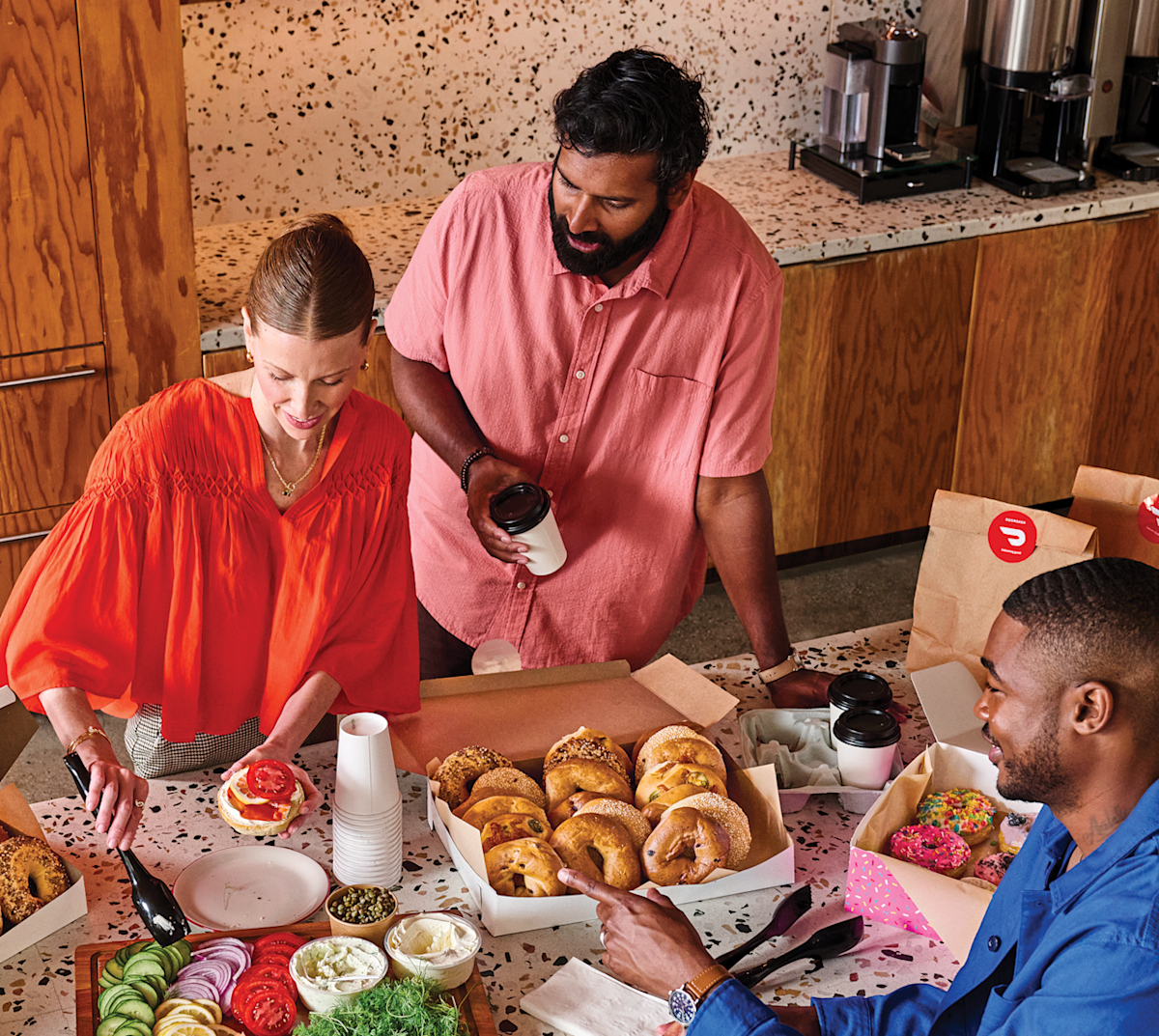Personalizing the employee experience means increasing employee satisfaction with perks and benefits, recognizing success, and giving employees ownership of their work-life balance. Engaged employees are more motivated and productive, which builds a stronger workplace culture. A recent Gallup survey found that 59% of the world’s employees feel disengaged. Employees who don’t feel connected to their job or valued by their employer are more likely to quiet quit, reduce productivity, or leave their job altogether.
What is employee personalization?
Employee personalization is an employer-led approach in the workplace that acknowledges employees as individuals with unique goals and particular needs, both during onboarding and beyond. Employers who personalize training programs, benefits, and communications by offering flexible set-ups are more likely to attract and retain talent, increase employee engagement and loyalty, and maintain a positive company culture.
How does personalization in employee benefits attract top talent?
In today's competitive job market, attracting and retaining employees is a challenge for many businesses. Personalized benefits and a variety of flexible work plans allow workers to select the options that best suit their individual or family requirements. Understanding that members of their team may have different values regarding career development, vacation time, or remote work demonstrates that an employer is invested in the success of their employees. Personalization can range from financial support to health plans, and shows employees that their priorities are also their employer’s priorities.
How does company culture impact employee well-being?
A positive company culture creates an overall environment of well-being that takes into account employees' physical, mental, emotional, and social needs. This commitment to employee wellness leads to higher morale, productivity, and personal and professional success. So how should you nurture a strong company culture?
Enable flexible work-life balance
Time is often an employee's most valued asset. A company culture that offers flexible work arrangements with remote work options, flexible hours, or compressed work weeks appeals to employees who value work-life balance and ownership over their schedule. Being given the latitude to customize schedules to fit lifestyles and personal commitments fosters workplace satisfaction, and the prioritizing of work-life balance creates a culture where employees feel both respected and valued.
Recognize and reward achievements
Strong company culture also means celebrating success, including personalized recognition and rewards programs that acknowledge employees' individual contributions and team achievements. Gift cards show that the organization values an employee's efforts, which cements a culture of appreciation and acknowledgment. The data bears this out: another recent Gallup report finds that employees who receive positive recognition are 20 times more likely to be engaged.
Prioritize wellness
Company cultures that prioritize wellness make it clear how much employees are valued. Providing opportunities and support for employees to invest in their physical, mental, and spiritual health creates a happier more sustainable workforce, increasing satisfaction and reducing burnout. Personalized and inclusive wellness programs that cater to the diverse goals of employees can attract top talent and engage existing staff.
Encourage social connection
As Andrew Carnegie famously said, "There is little success where there is little laughter." Offering employees opportunities to connect socially strengthens job satisfaction; when employees feel connected to their colleagues, they enjoy their work more. Social connection can involve planning team lunches, off-site social activities, or in-office team building workshops.

How can companies create a personalized employee wellness program?
Personalized employee wellness programs should be exactly that: personalized. Offering a variety of opportunities for the way employees work and how they are rewarded is an attractive hiring and retention strategy. Initiatives to enhance employee well-being can include:
Health benefits
Allow employees to choose healthcare coverage that supports their specific health and wellness needs for a healthier workforce.
Wellness
Create wellness packages that include gym memberships, nutrition guidance, stress management resources, mental health counseling, and support for participating in healthy activities.
Time off
Give employees the freedom to schedule vacation days and manage their holiday time to suit their lifestyle.
Flexible working arrangements
Provide employee personalization opportunities for flexible work schedules, including remote or hybrid work options, that accommodate commitments like volunteerism or family.
Personalized food programs
Offer a corporate meal allowance as a valued job perk for in-office, remote, and hybrid employees, as well as consultants. With DoorDash for Business, expensed meal credits can be flexible and personalized to fit your business, and employees can order the food they want according to individual preferences, tastes, health, and dietary needs.
Financial incentives
Give access to financial planning tools and resources that support budgeting and saving, financial workshops, and access to financial advisors. Employers can also contribute to retirement or savings accounts, and offer equity in the company.
Training and education
Support career development with tuition reimbursement and ongoing learning opportunities. Access to courses, workshops, and conferences will enhance skills, knowledge, and retention.
Personalized communication
Make time to connect with employees either one-to-one or in small groups to understand their challenges and motivations. This individual communication approach will attract top talent and build a team who values your organization.
How does DoorDash for Business help with employee personalization?
Although the way we build workplace culture has changed in recent years, one thing remains the same, all employees need food to fuel their productivity and creativity. Food benefits, particularly subsidized meals and snacks, are great perks to engage employees and increase their satisfaction at work.
Whether a team meal for both remote and in-office staff, a client lunch, or expensed meal credits for employees working on deadline, food makes people happy and motivated. DoorDash for Business makes offering expensed meal credits for corporate teams easy and efficient for employers with automated budgeting, and companies can reduce the stress for employees of planning and packing daily meals.
Find out more about how to personalize lunch and let your employees expense meals with ease.




